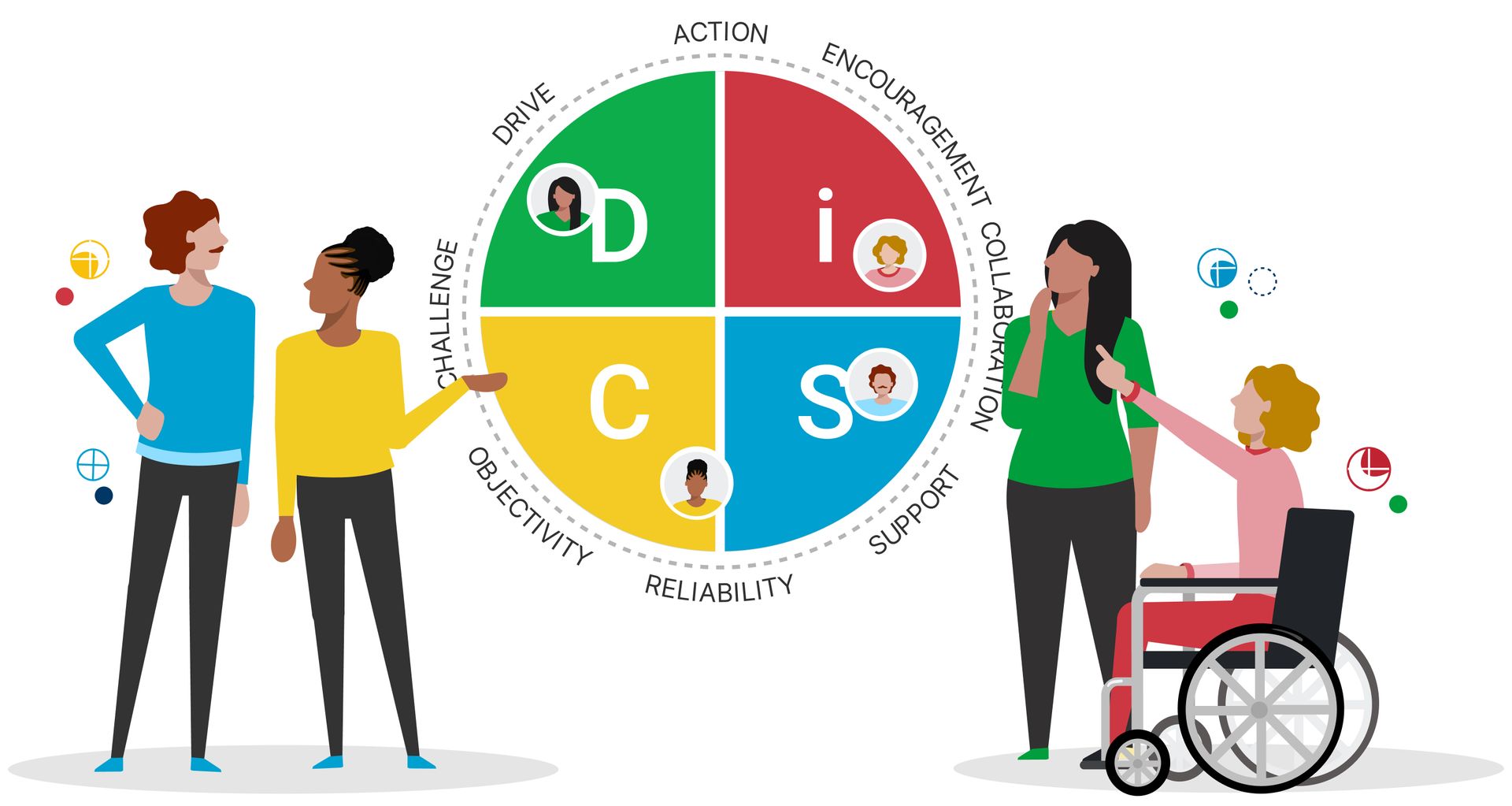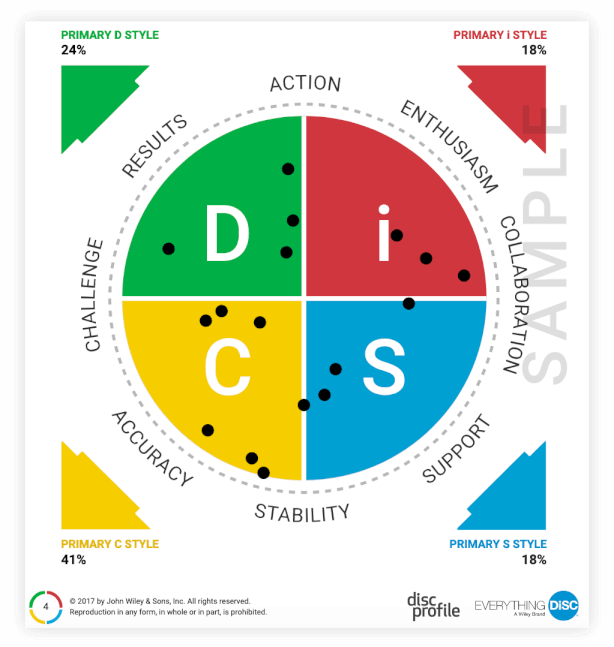By: Melissa Barlock
The Resilience Journey

As the owner of a dental recruitment company working closely with thousands of dentists, I've had the unique opportunity to gain invaluable insights into the challenges and triumphs of dental professionals. One recurring theme that echoes across this vast network is the impact of patient feedback on the emotional well-being of dentists.
In the ever-evolving landscape of dental care, it's clear that the dialogue between dentists and patients plays a crucial role in shaping the overall experience. While the majority of interactions are positive and mutually beneficial, there's a growing awareness of the emotional toll that certain comments can take on the dental community.
The Resilience Journey
Dentists, with whom I've had the privilege to connect, often share their experiences of navigating patient feedback, particularly comments that could be perceived as dismissive or negative. It's evident that the initial years of practice may shield dentists from the full impact of such remarks. However, as their careers progress, the cumulative effect becomes more pronounced. In response to this ongoing challenge, many dentists have embarked on a journey of building mental resilience.
Building resilience is crucial for dentists to navigate the challenges of their profession and support the well-being of dental professionals. Here are some ways dentists can become resilient and contribute to nurturing a positive environment within the dental community:
Mindfulness and Stress Reduction Techniques:
Encourage dentists to practice mindfulness and stress reduction techniques such as meditation, deep breathing exercises, or yoga. These practices can help manage stress, enhance focus, and contribute to overall well-being.
Seek Professional Support:
Dentists should feel comfortable seeking professional support when needed. Whether it's through counseling, mentorship, or peer support groups, having a safe space to discuss challenges and share experiences can be immensely beneficial.
Set Realistic Expectations:
Help dentists set realistic expectations for their professional and personal lives. Acknowledge that challenges will arise, but also emphasize that it's normal to seek help and take breaks when necessary. Balancing expectations can reduce feelings of overwhelm.
Promote Work-Life Balance:
Advocate for a healthy work-life balance. Encourage dentists to set boundaries, take regular breaks, and prioritize self-care. A well-balanced lifestyle contributes to both physical and mental well-being.
Continuous Learning and Professional Development:
Support dentists in their pursuit of continuous learning and professional development. Keeping up with industry advancements and staying engaged in their field can foster a sense of accomplishment and confidence.
Encourage Open Communication:
Foster a culture of open communication within the dental community. Create platforms or forums where dentists can share their experiences, challenges, and insights. Establishing a supportive network can help alleviate feelings of isolation.
Provide Resources for Stress Management:
Offer resources and workshops on stress management, resilience-building, and mental health awareness. Providing dentists with tools and strategies to cope with stress can empower them to navigate the demands of their profession more effectively.
Promote a Positive Workplace Culture:
Work towards creating a positive and collaborative workplace culture. Encourage teamwork, recognize achievements, and foster a sense of camaraderie among dental professionals. A positive work environment contributes to job satisfaction and mental well-being.
Advocate for Self-Compassion:
Remind dentists to practice self-compassion. It's important to acknowledge and learn from mistakes without being overly self-critical. Encouraging a culture of understanding and self-forgiveness can contribute to a healthier mindset.
Education on Resilience-Building Strategies:
Provide educational resources on resilience-building strategies. This can include workshops, webinars, or written materials that offer practical tips and techniques for managing stress and building resilience.
By incorporating these strategies, dentists can not only enhance their own resilience but also contribute to fostering a supportive and nurturing environment for all dental professionals. Prioritizing mental well-being is a shared responsibility that benefits both individuals and the dental community as a whole.
Enspire Dental Opportunities is looking forward to working with you.












